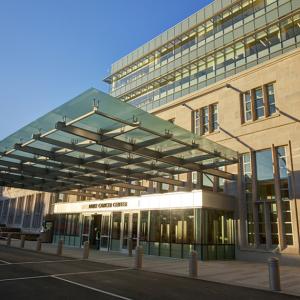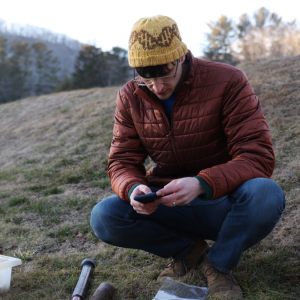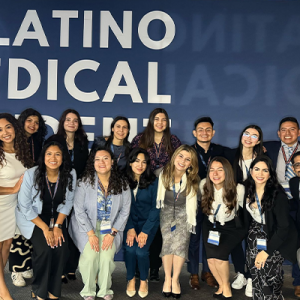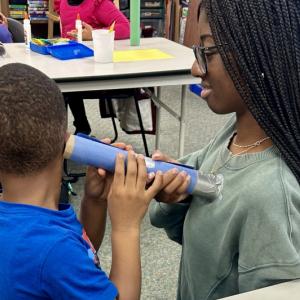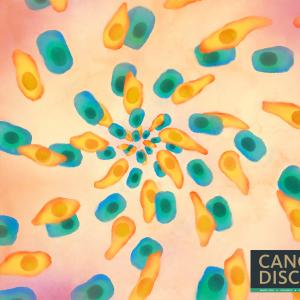New Center Brings Technological Advances to the Future of Health Care
The new Duke Center for Computational and Digital Health Innovation brings together researchers from the School of Medicine, School of Nursing, Pratt School of Engineering, and Trinity to use the power of technology to tackle health care challenges.
Therapy Combination Carries Risks for Cancer Patients with Brain Metastases
Duke researchers found a higher risk of symptomatic brain inflammation in patients with brain metastases who received dual immune-checkpoint blockade therapies within four weeks of a form of targeted radiation therapy.
The Fungal Fallout of Climate Disasters
When Hurricane Helene hit Western North Carolina, it left more than flood damage—it created fertile ground for mold and fungus to growth. Now, a Duke University team is studying how post-disaster fungi could affect health and recovery in a warming world.
Gene Therapy Developed at Duke to be Commercialized by Local Biotech Company
Duke University has signed an exclusive license with GeneVentiv Therapeutics, a Raleigh-based gene therapy company, to commercialize a gene therapy developed in the lab of Dwight Koeberl, MD, PhD, professor of Pediatrics in the Duke University School of Medicine.
Transforming Cancer Care: Duke Health to Implement Electronic Symptom Self-Monitoring for Patients with Cancer
Duke University Health System (DUHS) has been awarded funding from the Patient-Centered Outcomes Research Institute (PCORI) to implement electronic monitoring of patients’ self-reported symptoms during cancer treatment — potentially transforming cancer care at Duke.
Measles Surge Reflects Mistrust of Public Health Guidance
As cases of measles continue to spread in the U.S., a Duke Global Health Institute expert says public health officials need to find better ways to talk about the importance of vaccines.
Duke Health Completes Acquisition of Lake Norman Regional Medical Center
Duke's acquisition of the 123-bed, acute-care facility in Mooresville, North Carolina, represents a significant expansion of clinical services outside the greater Triangle area. The hospital has been renamed Duke Health Lake Norman Hospital.
Latino Medical Student Association Gathers at Duke for Regional Conference
For the first time in more than two decades, Duke University School of Medicine hosted the annual Latino Medical Student Association (LMSA) Southeast Regional Conference.
Community Partnership Helps Students Learn About Health Careers
A program managed by Duke medical students helps high school and elementary school students learn about careers in science, technology, and medicine.
Shutting Down a ‘Dark Kinase’ May Defeat Treatment-Resistant Cancers
A multi-faceted study from Duke University School of Medicine researchers shows for the first time that blocking an under-studied enzyme called PKN2 may be the key to stopping aggressive, treatment-resistant cancers.

